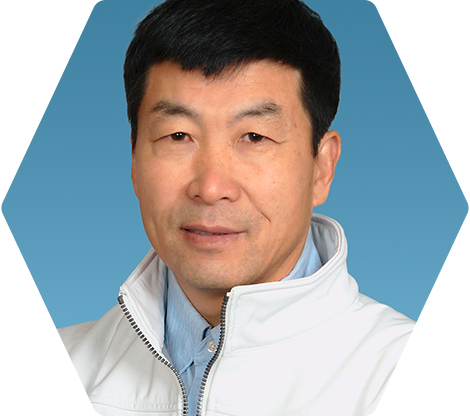Watch now
Webinar Overview
Using chlorine dioxide as a delignification agent in the first stage (D0 Stage) of a bleach plant is a common practice which requires a relatively high pH (2.5 – 4.5) to achieve maximum delignification and bleaching efficiency. These operating conditions often result in an increased risk of developing either barium sulphate and/or calcium oxalate scale, depending on the operating pH range. This can lead to significant production losses, extra maintenance costs, high bleaching chemical costs and quality issues.
Through process modification, many mills can reduce or eliminate calcium oxalate scale formation by running the D0 Stage at a relatively low pH. However, higher costs can be incurred due to higher levels of acid and caustic. For mills with higher barium levels, lowering the pH in the first chlorine dioxide (D0 Stage) will also increase the risk of barium sulphate scale, particularly if the mill uses spent acid from chlorine dioxide generation. For mills having limited water supply or using water with high hardness, calcium oxalate issues can be even more problematic when those mills operate at the higher end of the pH range (3.5 – 4.5).
In this Webinar, Dr. Michael Wang will discuss how several mills have improved their bleach operation efficiency, reduced down-time and decreased maintenance costs with a scale control program that manages both barium sulphate and calcium oxalate scale. The program provides additional benefits by allowing the D0 Stage to operate at a slightly higher pH, resulting in incremental savings in caustic and acid costs.
Do you need an alternate time? Get the same valuable insights at our webinar on November 12, 2020 at 9:00 AM China Standard Time.
Presenters

Thomas Hayden
Global Marketing Director - Pulp
Tom has over 25 years of specialty chemical experience in the pulp and paper industry. He joined Solenis in 1992 as a sales professional and has subsequently held roles in sales management and marketing. Tom is a Pulp and Paper Engineer graduate from the University of Wisconsin at Stevens Point.

Michael Wang Ph.D.
Senior Applications Project Manager - Pulp
Michael possesses several degrees including a Ph. D degree from North Carolina State University majoring in Wood and Paper Science. He has over 40 years’ experience in pulp and paper industry research, teaching and process development. He has published over 20 papers and is the owner of several patents. He is very active in process modification, cost reduction, process modelling and industry training.